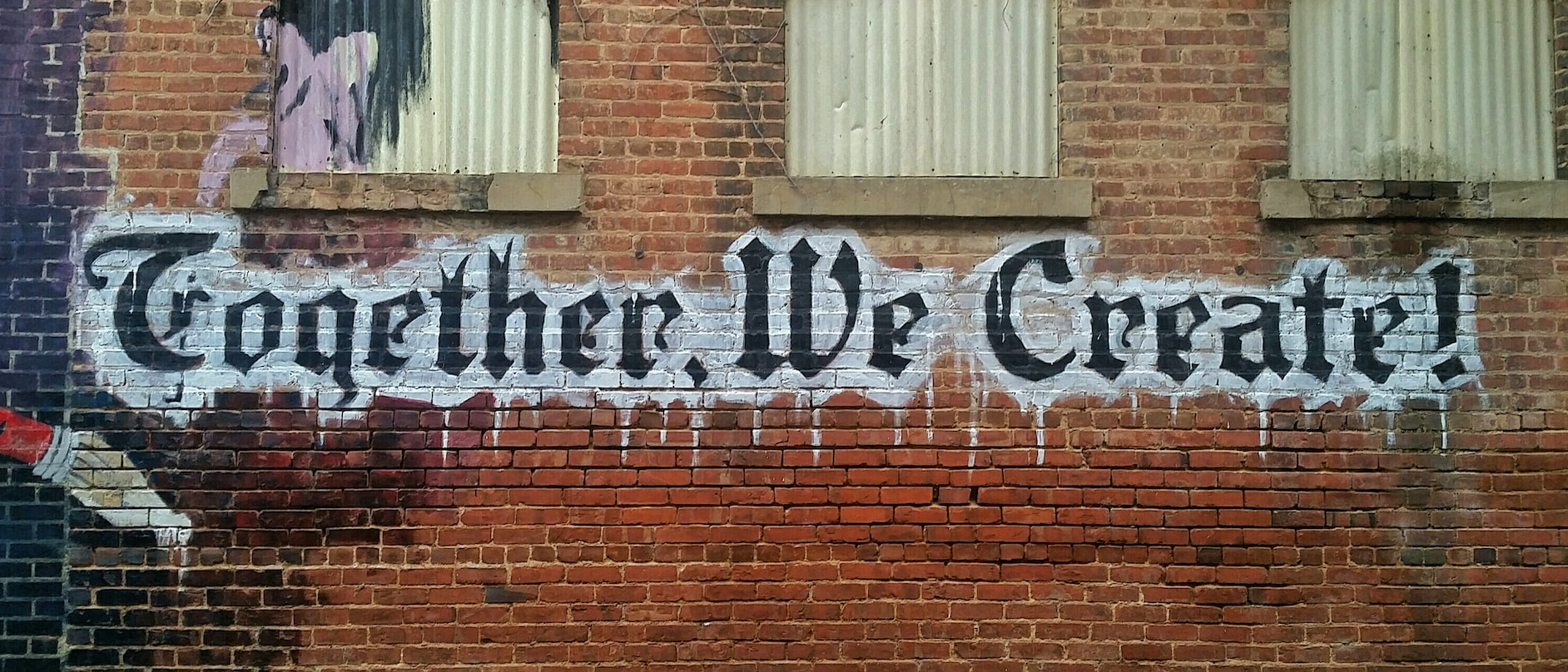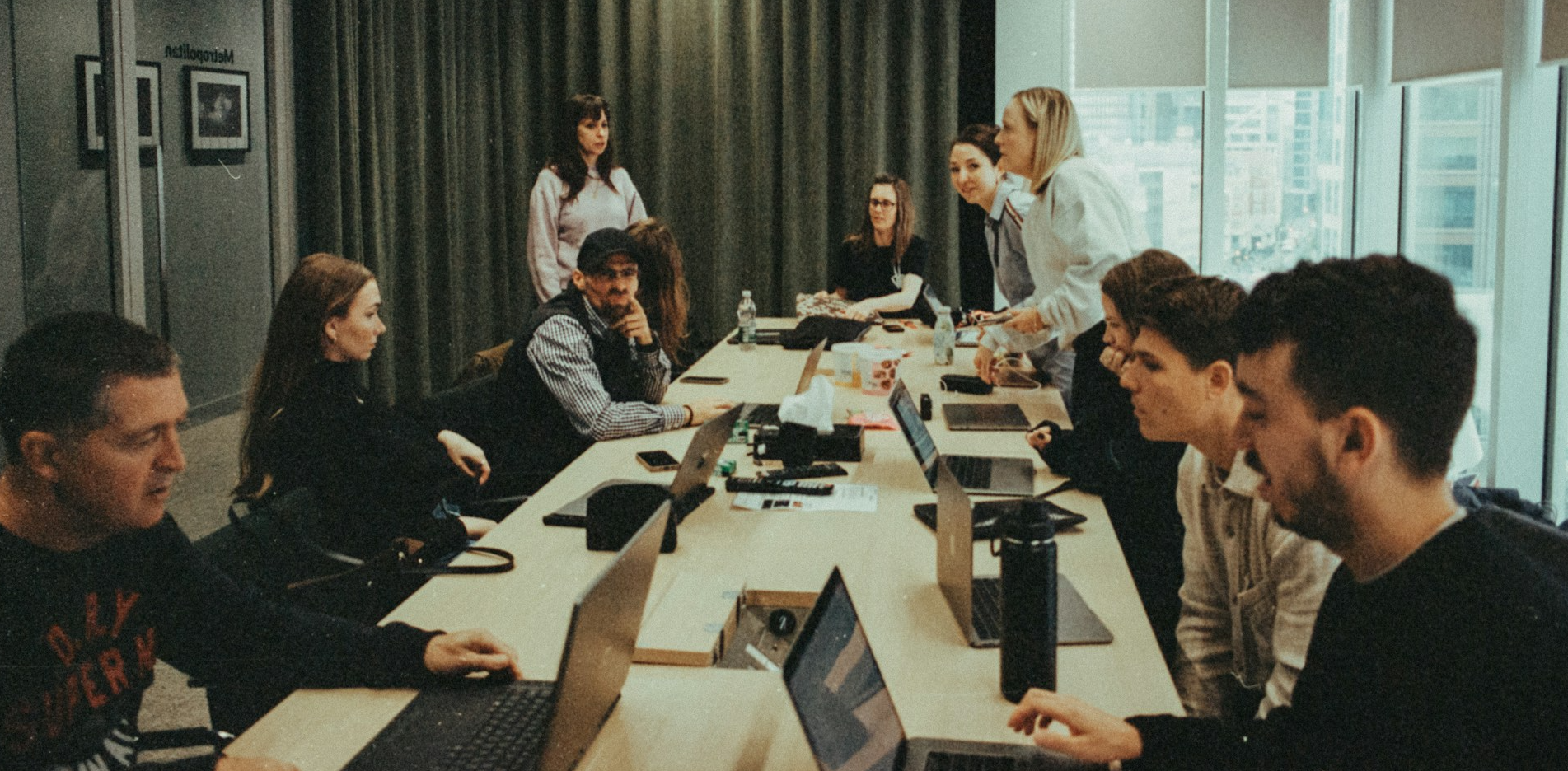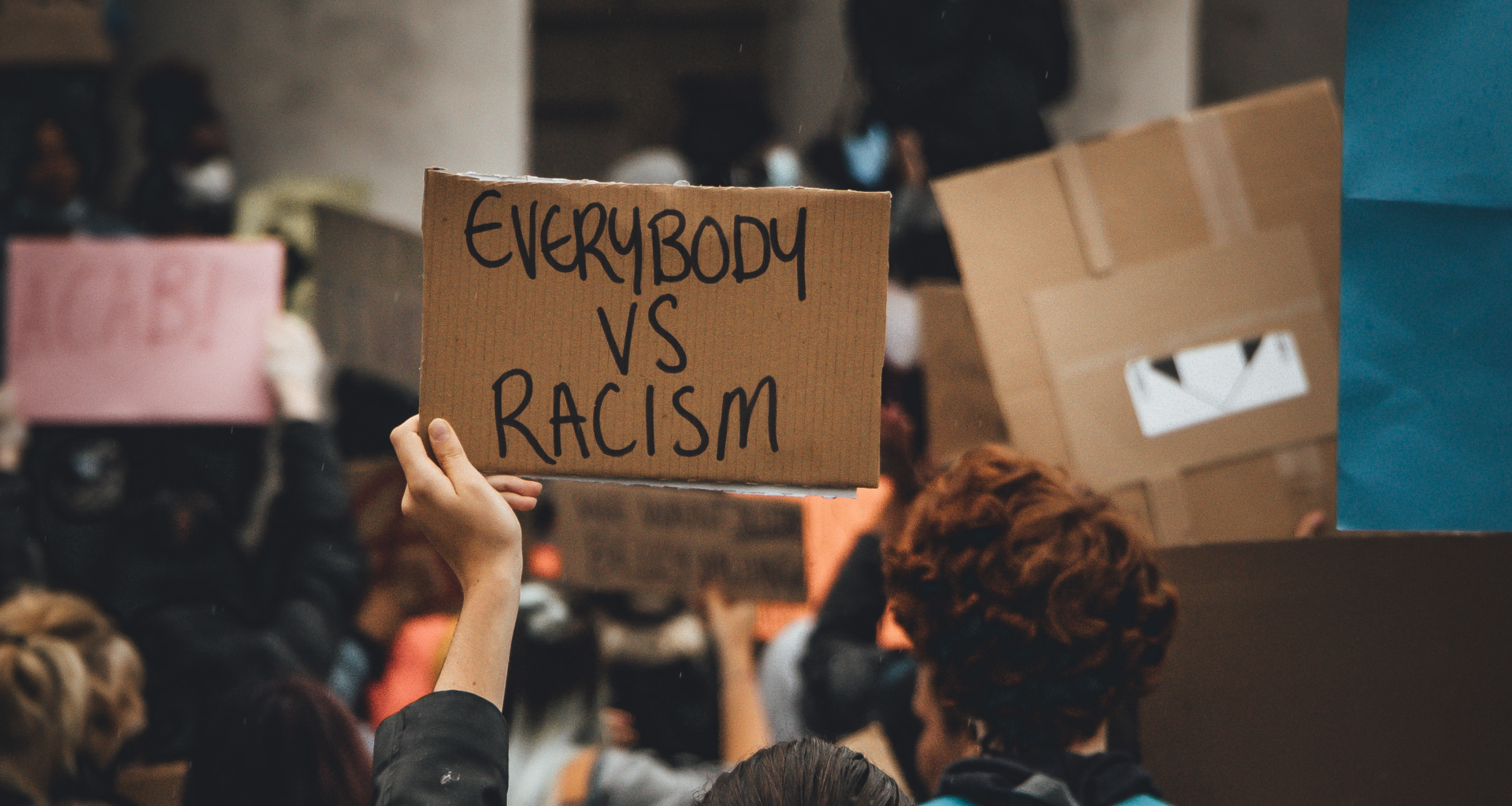How Social Innovators are Nurturing Change
Social innovators and entrepreneurs have been the driving force behind multitudes of positive changes brought to society. They often seek to address social and environmental issues that are overlooked by large multinationals.
Social innovators help address social and environmental problems using innovation and entrepreneurship principles. They are mostly learned individuals who have the passion, intelligence, and resources to make a change in the society and the environment with their ideas.
The world now stands at a crossroads. The impacts of the pandemic; climate change dangers; and increasing geopolitical tensions have put the world out of balance. We need capable leaders in every sector to drive change. Social innovators are not alone in their fight to make societies better and the environment cleaner, there are similar minded investors and philanthropists who support them with funding to realize these goals. Social innovators are visionaries and changemakers who are focused on realizing better social and environmental outcomes.
Biotech firm Oxitec—funded by Bill Gates—released thousands of genetically modified mosquitoes in the US to curb the spread of diseases like dengue and malaria. These lab-grown mosquitoes mate with wild female mosquitoes, impregnating them with a gene that will only allow the birth of male offspring, thus resulting in reduction of female mosquitoes that are the sole carriers of diseases that impact millions of people around the world.
Social Innovations Helping Societies
There are many stories of social innovations that are addressing pressing issues faced by societies around the world. Understandably universal health coverage has been a primary concern in many regions, particularly in remote areas. According to the World Bank, there is a significant gap of physicians available to cater to people. Globally, there are only 1.6 physicians available for 1,000 people. This situation gets worse in low-income and under-developed countries, particularly in sub-Saharan Africa and South Asian regions.
Last Mile Health, a social innovation organization founded in 2007 in Liberia, stands to address this healthcare gap. The social innovator partners with governments to build strong community healthcare systems by equipping professional community health workers to provide essential primary healthcare to people in the world’s most remote areas. Some of its achievements are providing cumulative treatments for malaria, pneumonia, diarrhea, and malnutrition to more than 900,000 children under the age of five in Liberia since the launch of the National Community Health Assistant Program. Other than this, they have also helped train more than 9,000 community and frontline health workers collectively in Ethiopia, Liberia, Malawi, and Sierra Leone.
Cogo, another social innovator from New Zealand presents a unique business model, where it partners with companies and consumers to help reduce their carbon footprint. It works on a unique impact model that helps businesses measure, understand, and scale solutions to reduce carbon footprint. Cogo has recently announced a partnership with Moneytree, a Japan-based fintech company, that provides digital banking experiences to banks and credit card companies in Japan. Through this partnership, Cogo assigns a factor that allows consumers to have an accurate insight into their carbon footprint through each transaction. “As a fintech company from Japan, we are working to help technology innovators that contribute positively to society enter the Japanese market. We believe the partnership with Cogo is the first step in helping Japanese financial institutions and businesses transition to a lower carbon economy,” said Paul Chapman, Chief Executive and Founder of Moneytree KK.
Moving Forward
We will need more such examples of social innovations to build a collective force to address global pressing issues of war, inflation, climate change, and the likelihood of future pandemics. Social innovation will be needed in every sector and the focus should be in better outcomes and affordability for the marginalized in the society.
Governments and large businesses should direct their strengths to provide platforms for social innovators to develop their ideas and help nurture change where it is needed most urgently. Simultaneously, emerging technologies that are sustainable and resilient should be encouraged and further researched upon to address social and environmental issues. We can already see these happening, but its in bits and parts. A collective effort that is both globally recognized and standardized will help further this cause.
Lastly, social innovation will require collective effort where collaboration between different stakeholders, including entrepreneurs, governments, nonprofits, and communities exist. A strong collective-thinking community will help social innovators gain access to resources and expertise that can help them scale their impact and create lasting change.
Photo Caption: Graffiti on a wall.



